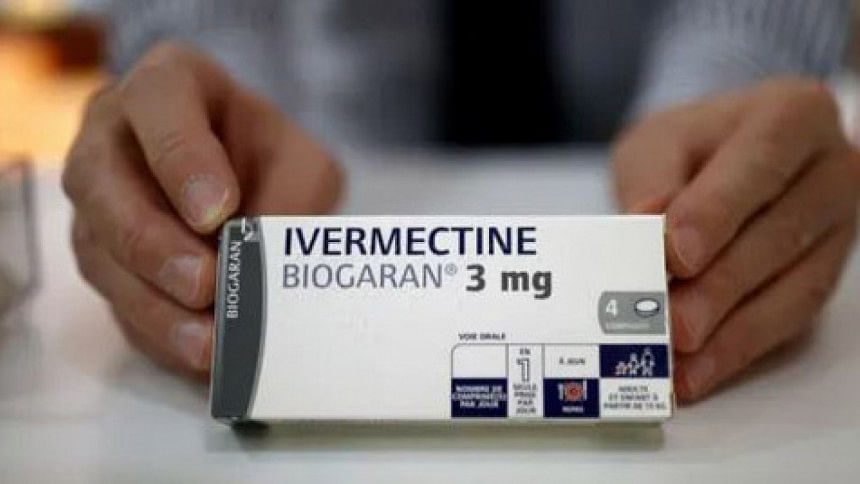Time to rethink Ivermectin in Covid-19 treatment?

After the emergence of the pandemic, several repurposed antiviral drugs such as hydroxychloroquine, ivermectin, favipiravir, remdesivir, nitazoxanide, and lopinavir/ritonavir were provided emergency authorisation approval as there was no direct antiviral drug for Covid-19
Hydroxychloroquine is no more used and limited efficacy of most of these drugs have been reported. At this moment, considerable concerns remain about ivermectin, an anti-parasitic drug. Several hundred million tablets of ivermectin have been used globally, especially in developing and resource-constrained countries. Several observatory studies and others found that the drug may have some beneficial effects on Covid-19 patients. In Bangladesh, ivermectin has been used for both therapeutic and preventive purposes with a propaganda that it is safe, effective and prevents Covid-19.
In this write-up, we address these perceptions about ivermectin one by one. It is not as safe as assumed for human usage. Ivermectin can cause a severe allergic reaction and troubled breathing, swelling of throat or tongue and skin rash. If used with blood thinning drugs, ivermectin can induce severe bleeding. Although ivermectin has been used in Covid-19 treatment for more than 18 months, there has been no phase II/III clinical trials to optimise this drug.
Ivermectin is also endowed with a counterproductive role in containment of SARS-CoV-2. When one assumes that taking a drug like ivermectin would prevent Covid-19 infection, all public health measures are left behind and jeopardised. Testing becomes irrelevant as ivermectin has been taken, tracing becomes confusing and voice of reason for usage of "mask" becomes inconsequential whereas the largest study in the world on the effectiveness of masks in preventing Covid-19 has recently been published from Bangladesh.
In the meantime, World Health Organization, Food and Drug Administration and Centers for Disease Control and Prevention, USA, Japan and manufacturer of ivermectin, Merck, have instructed not using the drug in Covid-19 treatment.
If action is not taken against this, we may be thrown into similar dilemma once experienced with thalidomide, when birth defects devastated the world for not properly approving the drug after requisite clinical trials.
Dr Sheikh Mohammad Fazle Akbar is a researcher at Department of Gastroenterology and Metabology, Ehime University, Japan.
Professor Mamun Al Mahtab is the chief of Interventional Hepatology Division, Bangabandhu Sheikh Mujib Medical University and a member of Strategic and Technical Advisory Group, WHO-SEAR.
References:
Adverse effects of Ivermectin: https://www.medicalnewstoday.com/articles/ivermectin-oral-tablet#interactions
WHO joins Europe, Merck in recommending against ivermectin for Covid-19 | Reuters

 For all latest news, follow The Daily Star's Google News channel.
For all latest news, follow The Daily Star's Google News channel. 



Comments